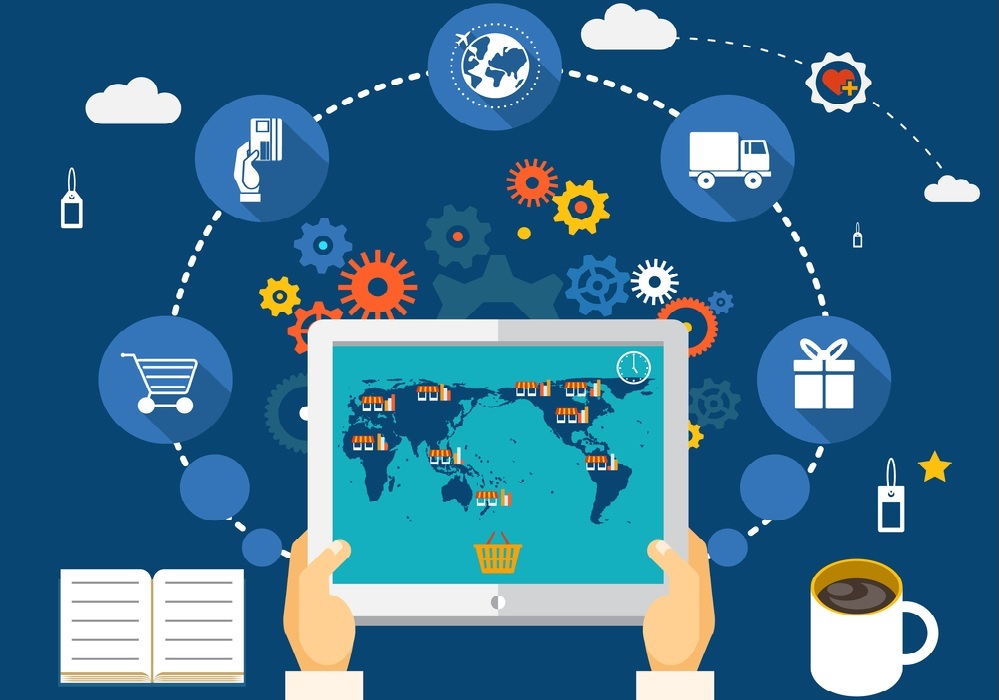Brexit becomes reality, the UK is leaving the EU – whose supply chains are affected?
The exact impacts of the now approved exit of Great Britain from the European Union will not be realized anytime soon – aside from the pound tumbling more than 10 percent already this morning. In the long term, the dimension of change in transnational logistics and the impact on supply chains that are highly linked to UK businesses will require new special arrangements, which the Isle will likely negotiate and adjust individually with its trading partners. In the course of these negotiations, as well as the uncertain development of the British government, not only financial services but also the farming industry, the automotive sector, the food industry, the aerospace sector and overall labor relations will feel the effects of the Brexit decision.
Aside from the rise of supply chain complexity, which at first glance appears negative, some positive effects might materialize with the independence of British regulators concerning investments in telecoms and regulations in the energy sector.
Read more about the Brexit decision and the impact on business operations here.
Revamping smartphone business with computer supply chain know-how
This year, the Chinese multinational technology company Lenovo, which is best known for its personal computers, wants to revamp its smartphone supply chain. Global smartphone demand is decreasing. The sales prediction for 2016 forecasts only 7% growth (compared to a 14,4% growth rate in 2015). As a result, Lenovo´s Chief Operating Officer Gianfranco Lanci, and Chief Marketing Officer David Roman, announced plans to overhaul their manufacturing supply chain processes as well as invest in a global marketing push. An additional reason for the restructuring of Lenovo’s smartphone sector is the rising market pressure created by competitors such as Huawei and OPPO.
Lanci´s operational plans do not only intend to transfer the company´s know-how within the integrated personal-computer supply chain to its smartphone business, but also upgrade the company’s smartphone product portfolio from a low-priced option to include mid and high-end smartphones.
To read the full story, click here.
Tesla´s CEO offering to buy Solar City – a bailout?
Customers that are willing to pay $35,000 for the latest Tesla Model 3 sedan are also potential buyers of an equivalently valued home solar installation which can be used to charge their new electric high class cars. This is at least a major assumption being made by Tesla´s CEO Elon Musk who announced his plans to buy Solar City, a company he also founded. His vision is to double the sale through targeting the Tesla customer base.
Scepticism abounds when looking at Solar City´s business figures, which show a current debt of $3 billion despite the fact that solar installations have risen over the last several years. This could of course have a negative impact on Tesla´s financial situation and image. Considering the sales forecast of 500,000 Tesla vehicles in 2018, if Musk’s vision does in fact materialize and everyone decides to buy solar panels along with their cars, this could prove to be a very lucrative deal. Only time will tell.
To read more, click here.

